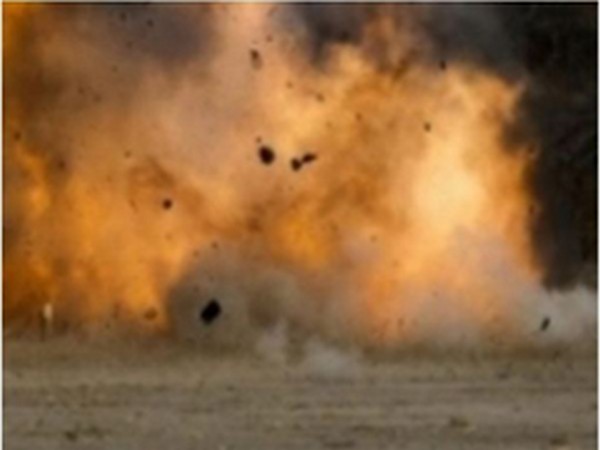Middle East faces new turmoil
Oct 30, 2024
Tel Aviv [Israel], October 30: The Israeli parliament's ban on the UN agency that assists Palestinians could further complicate humanitarian operations in the Middle East.
Regarding the situation in the Middle East , the Israeli Parliament on October 28 passed a law banning the United Nations Relief and Works Agency for Palestine Refugees (UNRWA) from operating in Israel, despite objections from the West and international organizations.
New escalation in the Middle East
UNRWA, which has been operating for more than 70 years, currently provides shelter, food, and health care to nearly 6 million Palestinian refugees across the Middle East, including about 1.7 million in Gaza, according to CNN. UNRWA chief Philippe Lazzarini criticized the Israeli parliament's move as "setting a dangerous precedent" that would damage the UN agency's credibility and the legitimacy of its humanitarian operations. Several of Israel's allies and partners, including the US, UK, and Germany, have also expressed concern about the decision from Israeli officials, fearing that it will add to the challenges in providing humanitarian assistance to Palestinians, who have been under pressure after more than a year of conflict.
Israel has long had disagreements with UNRWA. Tensions have escalated especially since the Gaza conflict erupted, with Tel Aviv accusing UNRWA of having members of the Hamas movement within it, which participated in the October 2023 attack on Israel, a claim the UN agency denies. For its part, Prime Minister Benjamin Netanyahu said that Israel was ready to continue providing aid to Gaza but in a way that did not threaten Israel's security.
The Guardian reported on October 28 that the ban, which will take effect after 90 days, will block UNRWA from operating in Israel and also target its activities in East Jerusalem. Observers said the ban will limit the ability to transport aid through Israeli border crossings to refugee areas, especially in Gaza and the West Bank.
Meanwhile, the ceasefire negotiations in Gaza have not shown many optimistic signs. Prime Minister Netanyahu's spokesman said the Israeli leader has not received a proposal for a ceasefire and the release of hostages in Gaza. Earlier, the media reported that Egypt on October 27 proposed a two-day ceasefire in Gaza, releasing four Israeli hostages in exchange for a number of Palestinian prisoners held in Israel. Axios reported yesterday that CIA Director Bill Burns has proposed a new plan, proposing a 28-day ceasefire. However, mediation efforts may continue to be deadlocked if neither Hamas nor Israel makes concessions.
Israel achieves its goals in Lebanon?
The Jerusalem Post reported yesterday that the Israel Defense Forces (IDF) announced that the military objectives in Lebanon have been achieved and that the Israeli government can now push for a diplomatic solution to end the conflict in northern Israel. According to the IDF Northern Command, most of the Hezbollah infrastructure near the Lebanon-Israel border has been destroyed.
The IDF said that if Israeli politicians fail to reach a diplomatic solution, there are two possible scenarios. The first is to increase pressure on Hezbollah through air and ground operations. The second is to continue military operations in areas that the IDF has controlled in southern Lebanon, in which case the Israeli army will need to expand its control over some villages. The IDF said that in either scenario, the Israeli army will need to come up with options to de-escalate the situation in southern Lebanon.
In Lebanon's Beqaa Valley, local officials said on October 28 that at least 60 people were killed in Israeli airstrikes. Meanwhile in Gaza, the Palestinian Civil Defense Agency said yesterday that at least 55 people were killed in an Israeli attack on the city of Beit Lahia. Israel has not yet responded to the information. Also yesterday, Houthi forces in Yemen claimed to have carried out a drone attack on southern Israel.
Source: Thanh Nien Newspaper








